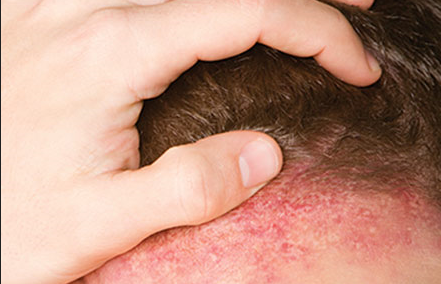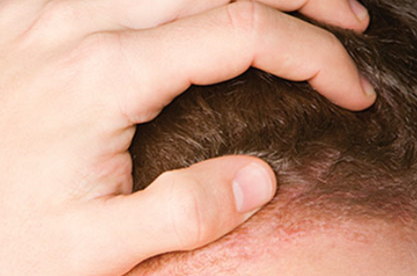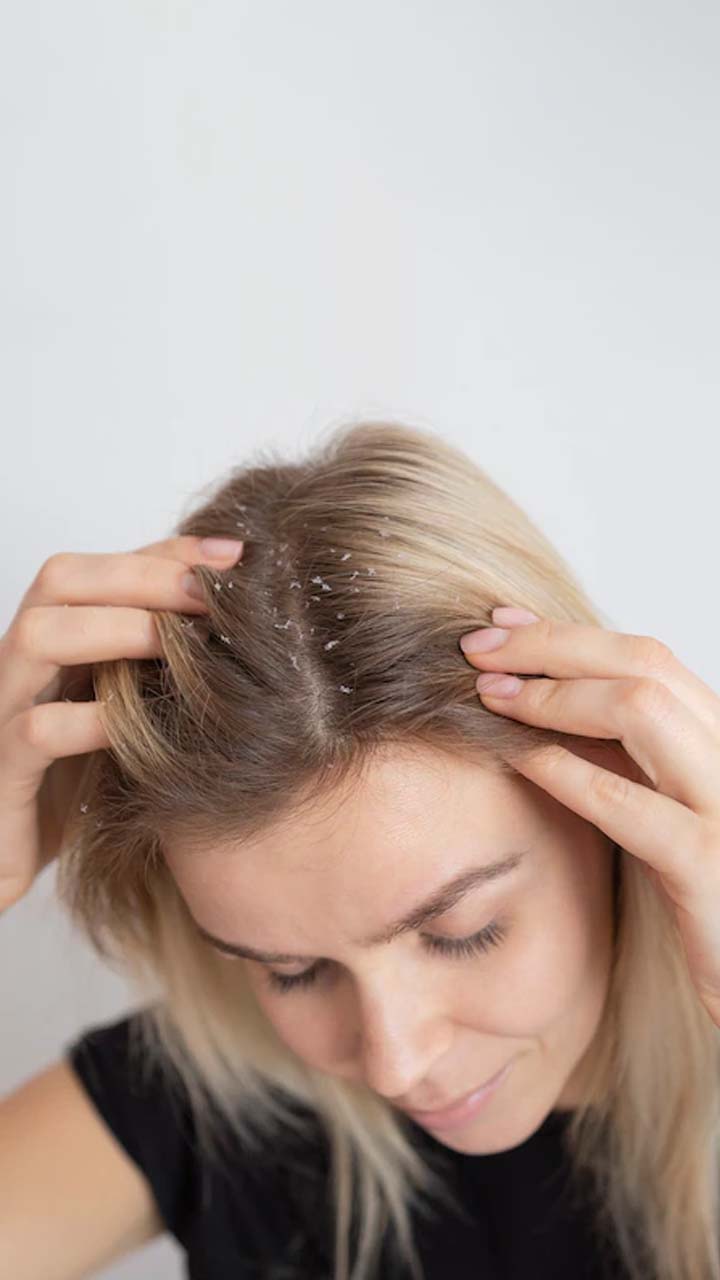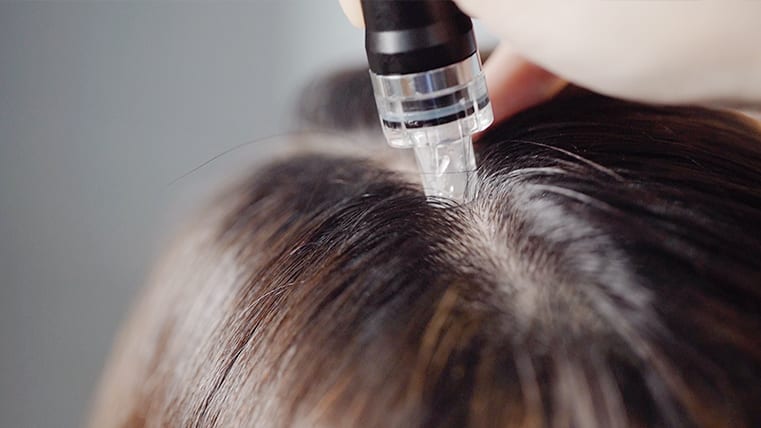
Scalp infections
Treatment for scalp infections involves identifying the underlying cause, with bacterial infections requiring antibiotics, fungal infections addressed by antifungal medications, and viral infections treated with antivirals.Additional measures may include medicated shampoos, topical steroids, and good scalp hygiene to promote healing and prevent recurrence. Consultation with a healthcare professional is essential for accurate diagnosis and tailored treatment.
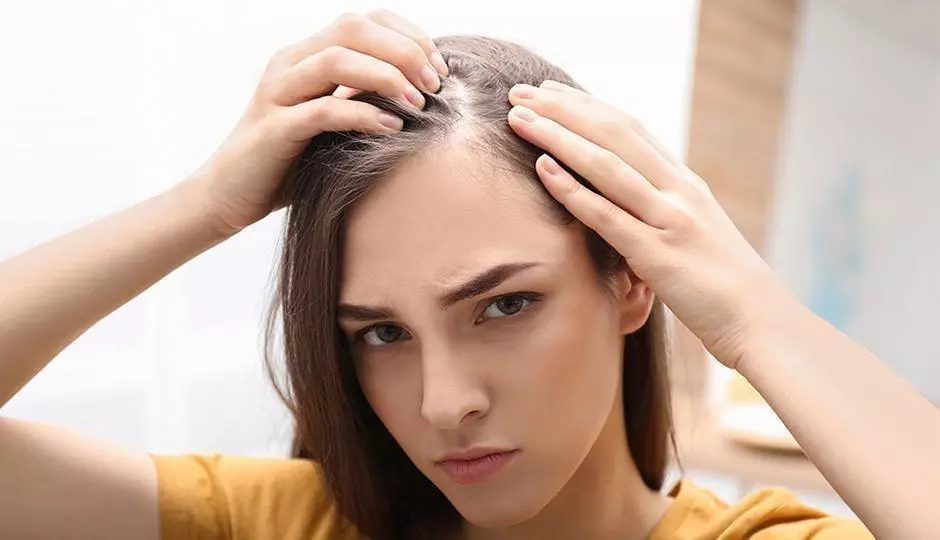
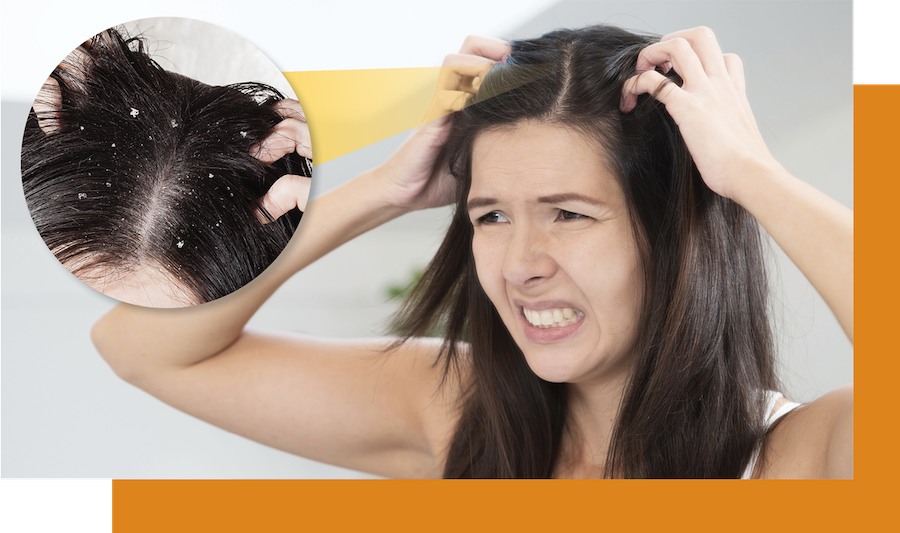
- A thorough examination and sometimes laboratory tests, such as cultures or biopsies, may be necessary to determine the specific cause of the scalp infection.
- Treatment involves targeted medications such as antibiotics for bacterial infections, antifungals for fungal conditions like ringworm, and antivirals for viral infections.
- Consultation with a healthcare professional is crucial for an accurate diagnosis and effective treatment plan.
Bacterial Infections:
Staphylococcus aureus is a common bacterium responsible for bacterial scalp infections, leading to conditions like folliculitis or impetigo.
Fungal Infections:
Fungal infections, such as ringworm (tinea capitis), can affect the scalp. Dermatophyte fungi are often responsible for these infections.
Viral Infections:
Viruses, like the herpes simplex virus, can cause scalp infections. Viral infections may lead to conditions such as scalp herpes.
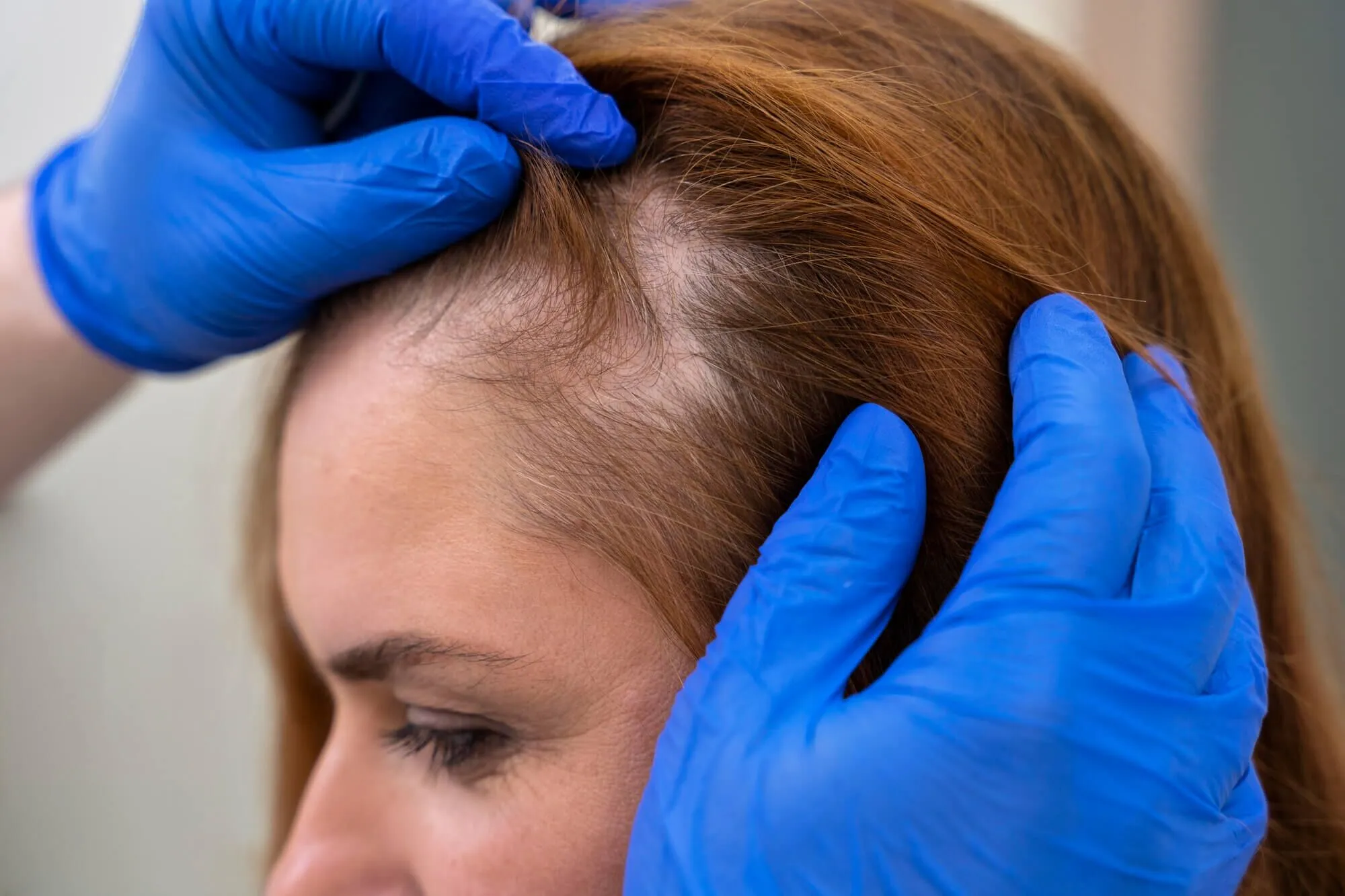
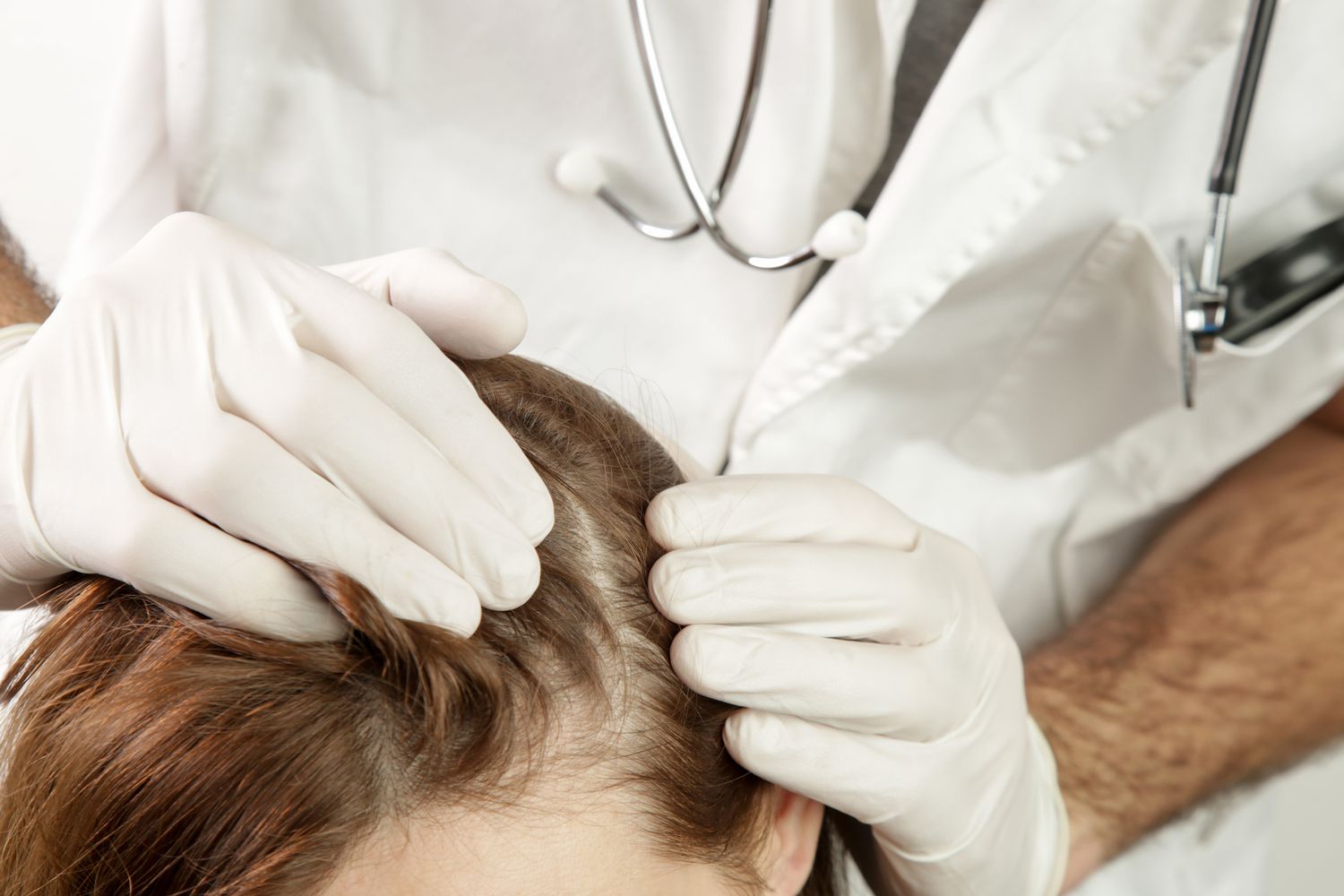
Parasitic Infections:
Infestations by parasites like head lice can also result in scalp infections.
Poor Scalp Hygiene:
Infrequent washing or improper cleansing of the scalp may create an environment conducive to infections.
Scratching or Trauma:
Scratching the scalp excessively or sustaining injuries that break the skin can introduce bacteria and lead to infections.
Weakened Immune System:
Individuals with compromised immune systems may be more susceptible to scalp infections.
Shared Personal Items:
Sharing combs, brushes, hats, or towels with an infected person can facilitate the spread of infections.
Frequently Asked Questions
Q.1. What Causes Scalp Issues?
Scalp issues can be caused by various factors, including dryness, fungal infections, hormonal imbalances, autoimmune disorders, or sensitivity to certain hair care products.
Q.2. Can Scalp Treatments Help with Hair Loss?
Certain scalp treatments, such as those addressing dandruff or inflammation, may indirectly contribute to a healthier scalp environment, which can support hair health.
Before & After Picture Gallery
Before and After Scalp Treatment
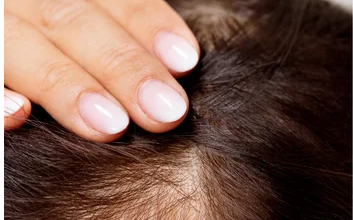
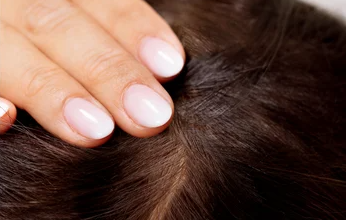
Before And After Scalp Infection Treatment
